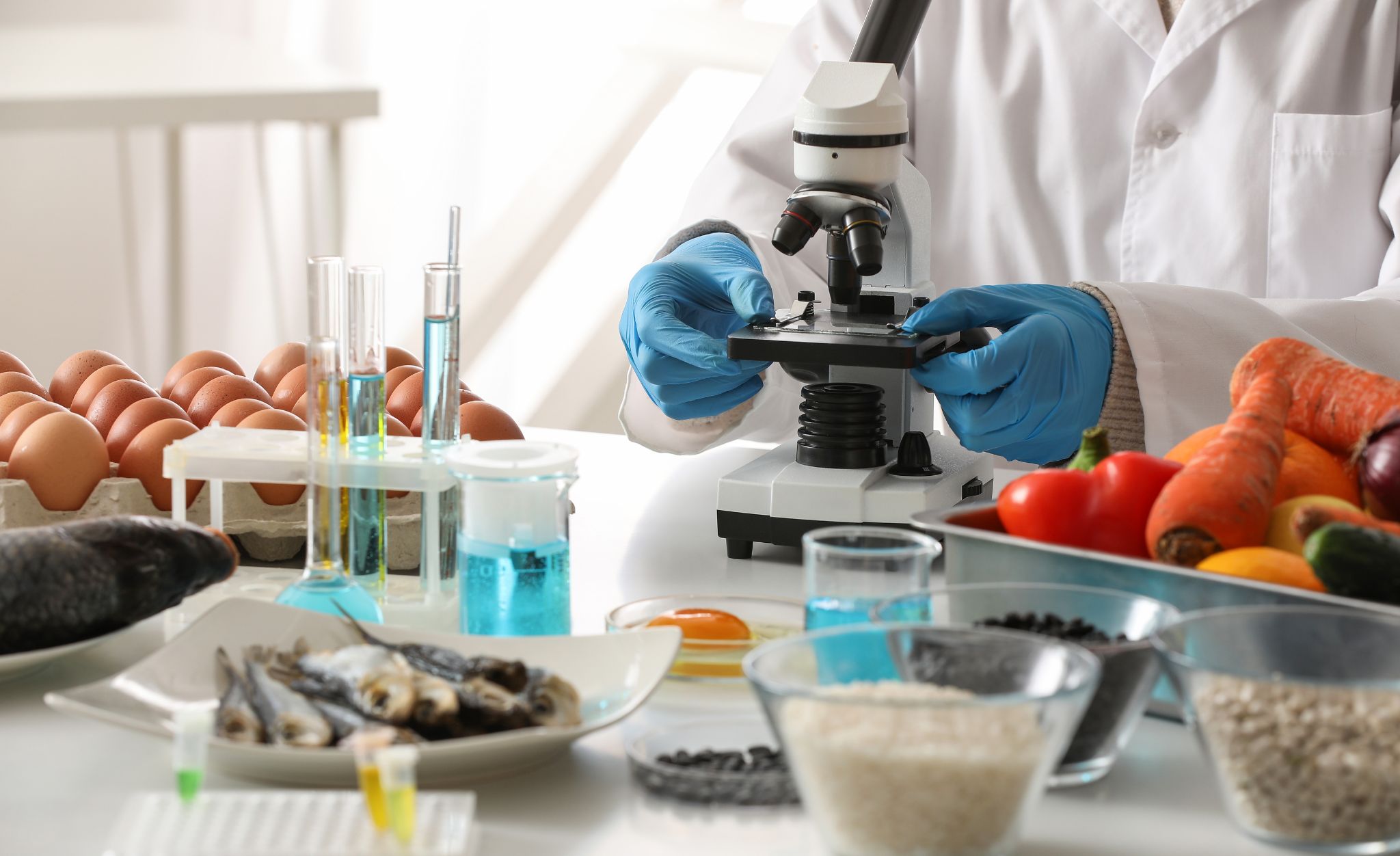The Food and Drug Administration (FDA) defines a food contact substance (FCS) as “any substance that is intended for use as a component of materials used in manufacturing, packing, packaging, transporting, or holding food if such use is not intended to have any technical effect in such food.” Packaging or equipment that come into contact with food may be subject to FDA regulation if FDA deems their chemical components to be food contact substances or “indirect food additives”.
FDA determines the regulatory status of a particular FCS based on the substance’s chemical composition and intended uses. Firms that use food contact substances that are illegal or used in a manner that violates FDA regulations may be subject to enforcement action.
Get assistance with FDA compliance.
Registrar Corp’s Regulatory Specialists can help your firm stay compliant with FDA’s food contact substance requirements.
For more information, call us at +1-757-224-0177, email us at info@registrarcorp.com, or chat with a Regulatory Advisor 24-hours a day at www.registrarcorp.com/livechat.
Read on to learn about potential violations when using food contact substances.
No Notification for the Substance
If your food product includes a substance that FDA has not authorized for food contact use for the purpose you intend to use it, you may be required to submit premarket notification for a food contact substance (FCN) to FDA. The FCN must provide information that demonstrates the FCS is safe to use.
You must submit an FCN for an unauthorized substance even if FDA has approved the substance for a different manufacturer. The FCN is proprietary and only effective for the manufacturer that submitted the approved FCN and the notifiers purchasing the substance from that manufacturer.
An FCN may not be necessary if the FCS:
- Is covered by a regulation in Title 21 of the Code of Federal Regulations and is being used in the manner described in the FDA approval
- Is listed as generally recognized as safe (GRAS)
- Is covered by a prior sanction letter, referring to an FCS or intended uses of an FCS that FDA or USDA documented as having no objection to before 1958
- Falls under the Threshold of Regulation Exemption because its presence in food exists at levels below the threshold of regulation (0.5 ppb)
- The substance already has an FCN and you are purchasing from the corresponding manufacturer
Using a Substance with an Ineffective FCN
FDA is authorized to revoke an FCN when the agency has determined that there is no longer reasonable certainty of no harm from the authorized use of the FCS. When FDA revokes authorization of a substance from a manufacturer, that substance can no longer be used according to the intended use previously covered by the FCN. If the manufacturer continues to include the substance in products, FDA may deem these products adulterated and may take enforcement action against firms continuing use the noncompliant FCS.
In January 2022, FDA published a proposal to amend its FCN premarket notification regulations. If finalized, the rule would, among other things, allow manufacturers to provide input before FDA renders an FCN ineffective and would allow FDA more flexibility in determining why an FCN should be revoked.
Using a Substance Outside of Its Approved Application
In some cases, FDA has approved certain FCSs for some purposes, but not for others. An example of such a case is the use of Bisphenol A (BPA).
Previously, FDA’s regulations allowed BPA to be used in certain baby products. In 2012, FDA revoked authorization for the use of BPA-based polycarbonate resins in baby bottles and sippy cups. In 2013, FDA revoked authorization for the use of BPA-based epoxy resins as coatings in packaging for infant formula. FDA amended regulations to no longer provide for the use of BPA in these products, because manufacturers had abandoned the practice of using BPA in the affected products.
However, manufacturers can still use BPA in a variety of other products. FDA has determined that BPA is safe for the currently approved uses in food containers and packaging.
Because regulation of an FCS could vary depending on the product, as it does for BPA, firms should confirm that FDA has approved each FCS for use in the product in which the substance appears.
Exceeding Limit of an Allowed Substance
FDA places limits on FCSs that could migrate into food when the substance could be harmful if consumed in a certain amount. For example, though there are no FDA-authorized uses of lead as an FCS, FDA does allow lead to appear in products at limited amounts. Those amounts vary according to product.
For example, sets allowable levels of lead in ceramicware based on the average contact time and properties of the foods routinely stored in each item. In this category, cups, mugs, and pitchers are regulated the most strictly, with FDA allowing 0.5 mcg/mL , because these items are typically used more frequently and/or hold food for longer periods of time than other ceramicware. Some dishes that may appear to be used for food may contain lead levels that exceed the allowed amount for a dish that’s intended to be used for food consumption. FDA addresses the potential confusion by requiring high-lead-leaching decorative ceramicware to contain a permanent label stating the item is not for food use and may poison food.
Cross Contamination Due to Unsanitary Conditions
You must frequently monitor your facility’s conditions and practices during processing to ensure that food-contact surfaces are adequately maintained to protect food from contamination from all sources, including unlawful FCSs. If you do not have processes that prevent cross-contamination from unsanitary objects to food, FDA may deem the food unsafe to consume.
Get assistance with FDA compliance.
Registrar Corp’s Regulatory Specialists can help your firm stay compliant with FDA’s food contact substance requirements.
For more information, call us at +1-757-224-0177, email us at info@registrarcorp.com, or chat with a Regulatory Advisor 24-hours a day at www.registrarcorp.com/livechat.








